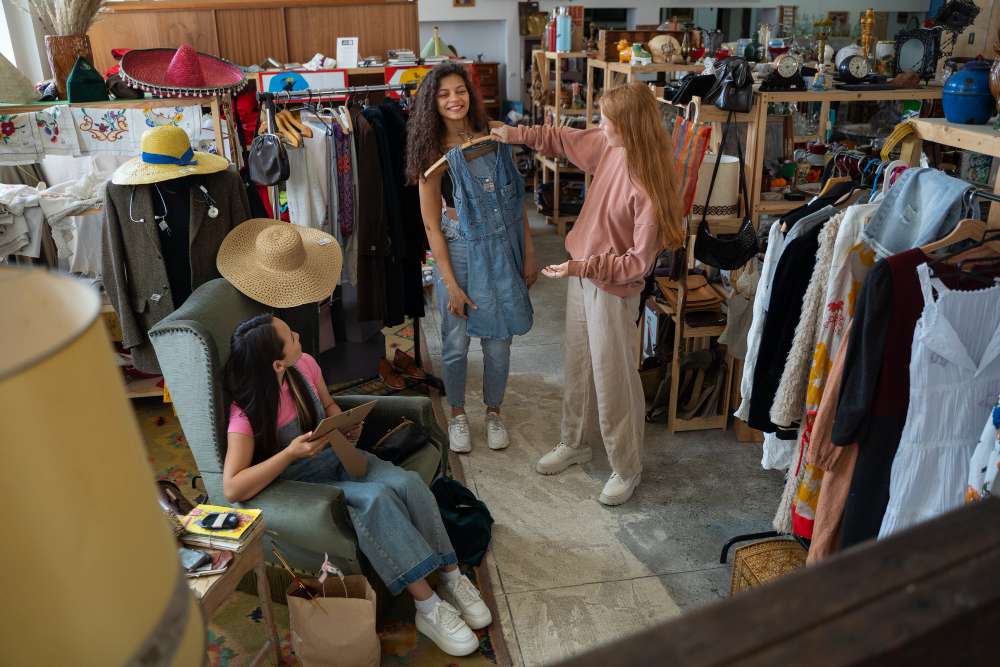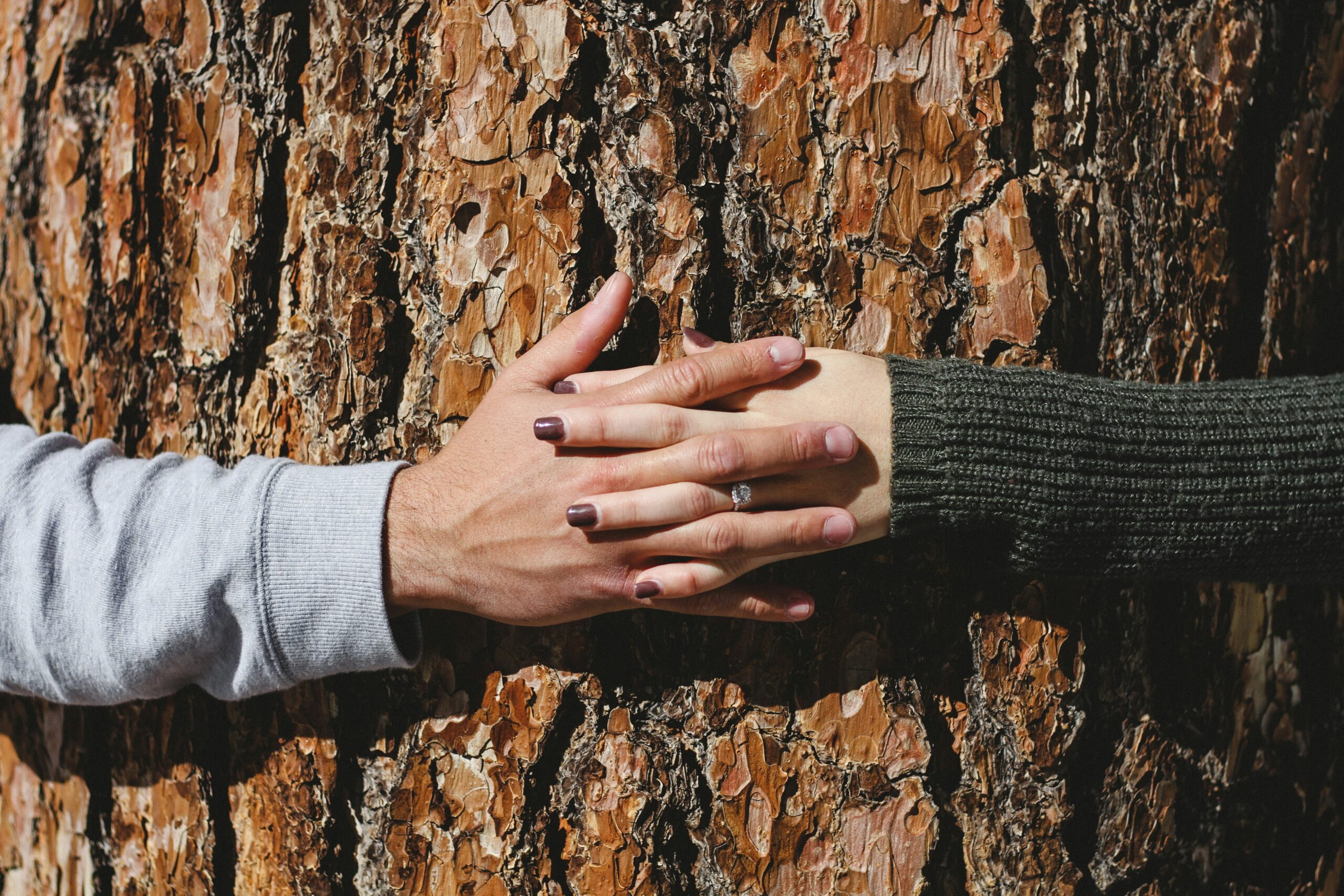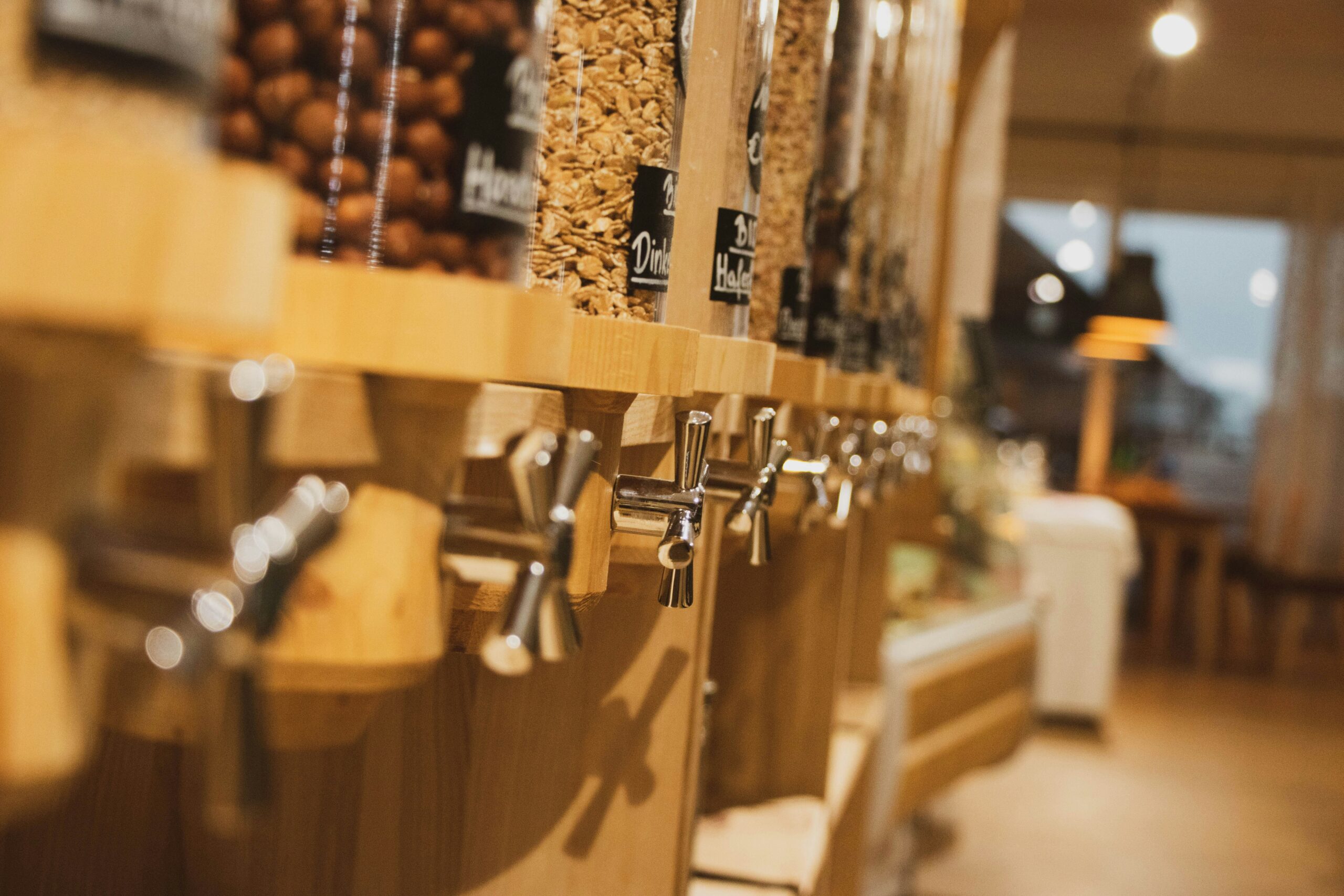If you’ve ever asked, “Does anyone buy second hand clothes in Australia?” the answer is a resounding yes.
The Australian second-hand clothing market is booming, with op shops (opportunity shops), vintage stores, and online resale platforms seeing more buyers than ever.
And honestly, why wouldn’t they? Shopping second-hand isn’t just about scoring a bargain, it’s a win for your wallet, your wardrobe, and the planet.
Why Australians Are Embracing Second-Hand Fashion
In the past, second-hand shopping had a bit of an unfair stigma, often associated with outdated styles or financial hardship. But today, it’s a lifestyle choice driven by sustainability, affordability, and the thrill of the treasure hunt. With fast fashion wreaking havoc on the environment, many Australians are opting for a more circular approach to fashion, buying quality pre-loved items instead of contributing to the waste cycle.
According to the 2023 Australian Circular Fashion Report, the second-hand clothing market is expected to grow significantly in the next decade. Major players like Salvos Stores, Vinnies, and Lifeline are thriving, and online platforms like Depop and Facebook Marketplace are making second-hand shopping more accessible than ever.
My Love Affair with Op Shops
As a teenager, I used to be a Westfield retail addict, lured in by every new trend and convinced I needed that latest jacket or dress. But in my early 20s I turned to op shops for more affordable fashion, before I even knew about the impact of fast fashion…mountains of textile waste, unethical labour practices, and carbon emissions.
Now that I know more, I’m so glad that shopping second-hand is part of my personal philosophy. All the best wardrobe staples I own have come from second-hand stores. A high-quality Gorman shirt that would have cost $100 brand new? I found it for $8 at my local Vinnies. That Bec & Bridge dress I had wanted for years? I found for $200 less and I’m proud to say it’s still going strong years later.
Every purchase feels like a little victory, saving money while keeping perfectly good clothes out of landfill.
The Benefits of Buying Second-Hand Clothes
Still on the fence? Here are a few reasons to embrace the magic of second-hand shopping:
1. It’s Good for the Planet
The fashion industry is one of the biggest polluters globally, responsible for massive water consumption, chemical pollution, and textile waste. By buying second-hand, you’re reducing demand for new production and giving clothes a second life instead of sending them to landfill.
2. It Saves You Money
Who doesn’t love a bargain? Second-hand clothes often cost a fraction of their original price, meaning you can stretch your budget further while still scoring stylish, high-quality pieces.
3. You’ll Find Unique Pieces
One of the best things about op shopping is the thrill of finding one-of-a-kind items. Forget fast fashion’s cookie-cutter styles, op shops are full of vintage gems, designer steals, and quirky pieces that help you stand out.
4. It Supports Charities and Local Businesses
Many second-hand stores, like Vinnies and Salvos, are run by charities, meaning your purchases help fund vital community programs. Even independent vintage stores and online resellers contribute to a more sustainable economy.
How to Get Started with Second-Hand Shopping
New to the world of pre-loved fashion? Here are a few tips to make the most of your second-hand shopping experience:
- Start with local op shops – e.g. Vinnies, Salvos, Lifeline, and small independent thrift stores.
- Check online platforms – e.g. Facebook Marketplace, Depop, and Gumtree.
- Be patient and persistent – Thrift shopping is all about the hunt! Visit different stores and go in with an open mind.
- Know your materials – Look for natural fibres like cotton, linen, and wool, which tend to last longer than synthetic fabrics.
TL;DR: Yes, Australians do buy second-hand clothes, and for good reason! Shopping second-hand is budget-friendly, eco-conscious, and full of hidden fashion gems. Whether you’re looking to cut costs, find unique pieces, or reduce your environmental impact, op shopping is a no-brainer. Give it a go! You never know what treasure you might find.





